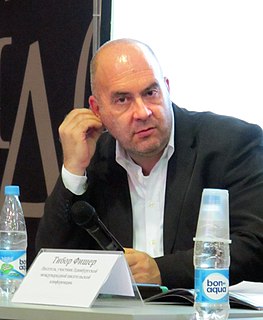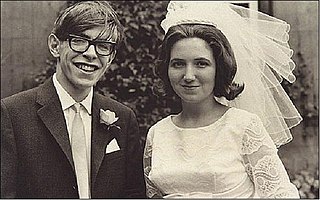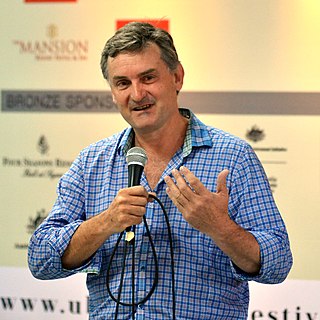A Quote by Christopher Hitchens
I'm quite convinced in my own mind that those who were arguing that [the need to intervene in Iraq] was a more immediate one than some believed - were I'm sure convinced that they were right on fact, I don't think they were making it up. So as to lying, I don't think it has been established that any lies were told.
Related Quotes
The advertising men made it clear that there were two ways of looking at ideas in a war against fascism. Those of us who were working on the project believed ideas were to be fought for; the advertising men believed they were to be sold. The audience, those at home in wartime, were not 'citizens' or 'people.' They were 'customers.'
Similarly, the press never tested many of the assumptions about WMDs. One of the great myths about the WMD issue is that everybody believed Iraq had them. Well, that's not true. There were a number of people in the intelligence community and the State Department who were skeptical, and many analysts in the Department of Energy were dubious about Iraq's nuclear capability. There were also people like Scott Ritter who were saying quite accurately what was going on.
We thought that the odds of things working OK were up in the upper 90 percent or we wouldn't have gone. But the - there were some problems cropped up on the flight but was able to take care of those OK and - although they were things that we hadn't really trained that much for. But it was the time of the Cold War and so there were was a lot of pressure on the - to get going and the Russians were claiming that they were - Soviets were claiming they were ahead of us in technology.
I think in the '80s, when I started making films, we were all suspicious of these technologies. We were all convinced they would filter out any emotion and sense of intimacy, and the films I made during that period reflected that. In fact, what has happened is the opposite. I think we're saturated with a degree of intimacy we would never have expected, and we're trying to sort through this idea of complete access to each other's lives on an ongoing basis. Our emotions aren't filtered out at all. They're actually accelerated.
One of the things that is nice about these old pastors - they were young at the time - who went into the Middle West is that they were real humanists. They were often linguists, for example, and the schools that they established were then, as they are now, real liberal arts colleges where people studied the humanities in a very broad sense. I think that should be reflected in his mind; appropriately, it is.
I met many Russians over the years who were convinced my brothers and I were a cabal, pulling strings behind the scenes to shape American policy. The Soviets had no conception of how a pluralistic democracy works and believed elected officials, up to and including the president of the United States, were only figureheads acting out the roles dictated to them by the real "powers that be" - in this case, my family.
The Beatles realized that what they were making in the studio could never be performed. And they had already given up on performing because there were too many screaming fans and they were playing in larger and larger venues so they couldn't even hear what they were playing, it just wasn't any fun any more.
Americans were convinced in their own minds that they were very miserable, and those who think so are so. There is nothing so easy as to persuade people that they are badly governed. Take happy and comfortable people and talk to them with the art of the evil one, and they can soon be made discontented with their government, their rulers, with everything around them, and even with themselves.
Australia is this former British colony at the foot of Asia. We've been involved - we've been in lockstep with America in every battle you have fought for a century. We were there in Vietnam. We were there in Korea. We were there in Iraq. We were there in Afghanistan. We are slightly apprehensive about the rise of China.



































